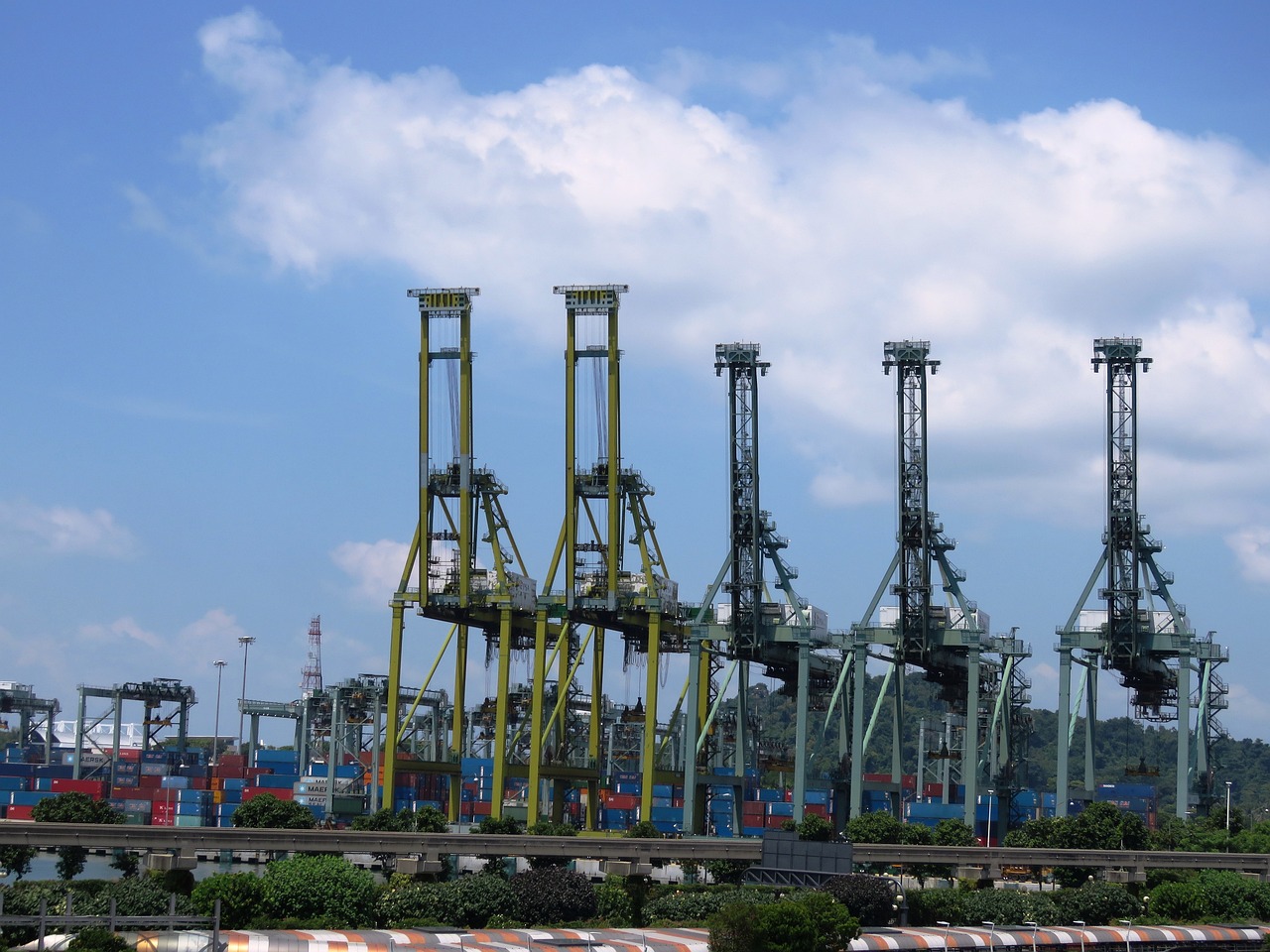Innovations in Agricultural Logistics and Transportation: Betbook247 app, Radhe exchange new id, Play11bet
betbook247 app, radhe exchange new id, play11bet: Innovations in Agricultural Logistics and Transportation
The agriculture industry plays a vital role in our daily lives, providing us with the food and resources we need to survive. However, the efficiency of getting agricultural products from farms to consumers has always been a challenge. In recent years, innovations in agricultural logistics and transportation have been revolutionizing the way products are moved through the supply chain, making it more efficient and sustainable.
Advancements in technology, such as the Internet of Things (IoT), artificial intelligence, and blockchain, have been driving these innovations in the agricultural sector. These technologies have enabled farmers, suppliers, and transportation companies to track and monitor products in real-time, improving visibility and reducing waste. Let’s take a closer look at some of the key innovations that are transforming agricultural logistics and transportation:
1. Smart Warehousing Systems
Smart warehousing systems use IoT devices and sensors to track and monitor inventory levels, temperature, and humidity in real-time. These systems help farmers and suppliers optimize storage space, reduce spoilage, and improve overall efficiency in the warehouse.
2. Autonomous Vehicles
Autonomous vehicles, such as drones and self-driving trucks, are becoming more prevalent in the agricultural industry. These vehicles can be used to transport goods between farms, warehouses, and distribution centers, reducing labor costs and improving transportation efficiency.
3. Precision Agriculture
Precision agriculture uses advanced technologies, such as GPS, drones, and satellite imagery, to optimize farming practices. By using data-driven insights, farmers can improve crop yield, reduce waste, and minimize transportation costs by better planning their harvest and delivery schedules.
4. Blockchain Technology
Blockchain technology is revolutionizing the way agricultural products are traced and tracked throughout the supply chain. By creating an immutable record of every transaction, blockchain ensures transparency and authenticity, reducing the risk of fraud and improving trust among consumers.
5. Electric Vehicles
Electric vehicles are becoming increasingly popular in the transportation industry due to their environmental benefits and cost savings. By using electric trucks and vans to transport agricultural products, companies can reduce their carbon footprint and lower operating costs.
6. On-Demand Delivery Services
On-demand delivery services, such as Uber Freight and Convoy, are changing the way agricultural products are transported from farms to consumers. These platforms use technology to match shippers with carriers in real-time, reducing waiting times and improving the overall efficiency of the delivery process.
Innovations in agricultural logistics and transportation are reshaping the way we think about food production and distribution. By leveraging technology and data-driven insights, farmers, suppliers, and transportation companies are finding new ways to optimize their operations, reduce waste, and improve sustainability. As these innovations continue to evolve, we can expect to see even more improvements in the efficiency and reliability of agricultural logistics and transportation.
FAQs
Q: How are autonomous vehicles impacting agricultural transportation?
A: Autonomous vehicles, such as drones and self-driving trucks, are revolutionizing agricultural transportation by reducing labor costs, improving efficiency, and enabling faster delivery times.
Q: What are the benefits of using blockchain technology in agriculture?
A: Blockchain technology helps farmers and suppliers track and trace their products throughout the supply chain, ensuring transparency, authenticity, and reducing the risk of fraud.
Q: How can precision agriculture help reduce transportation costs?
A: Precision agriculture uses data-driven insights to optimize farming practices, improve crop yield, and reduce waste, allowing farmers to better plan their harvest and delivery schedules to minimize transportation costs.







